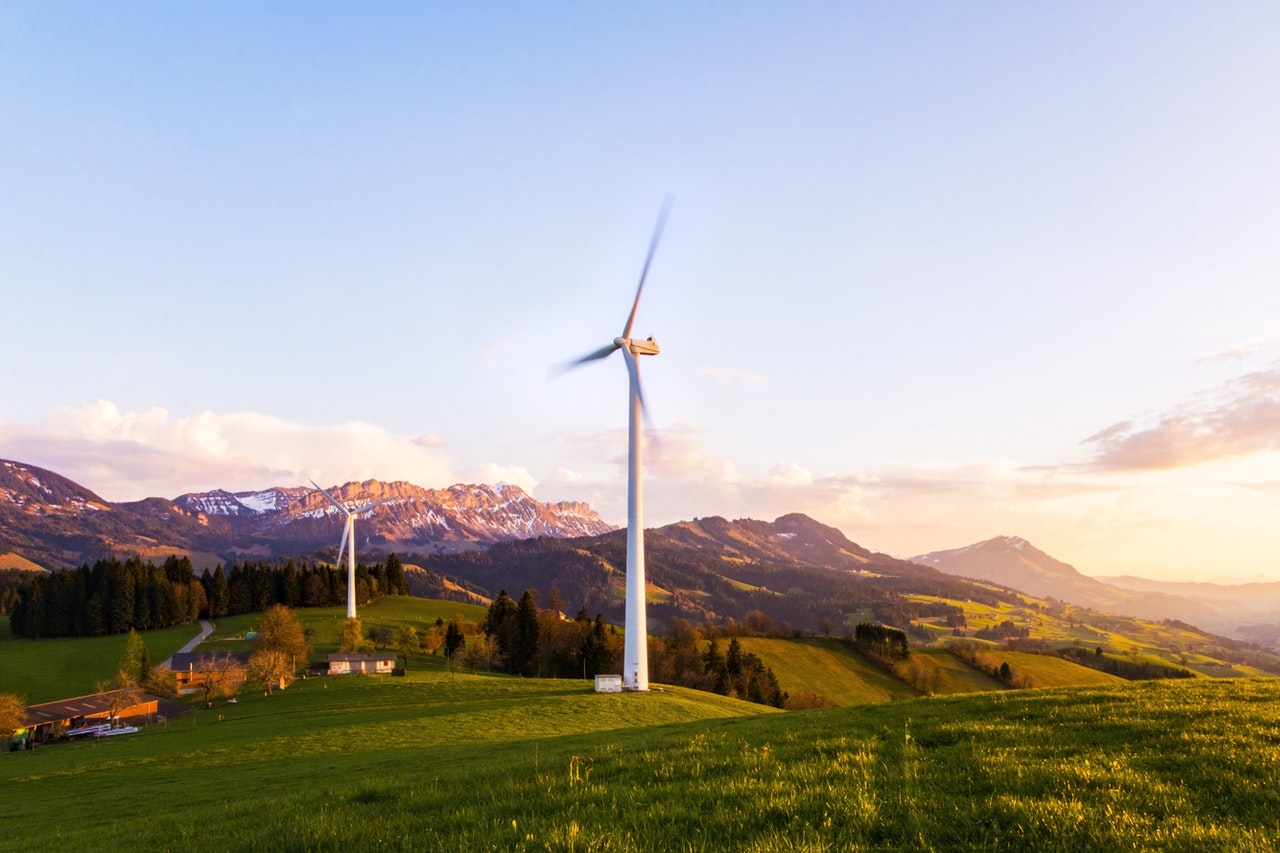The German Ministry of Economic and Climate will present a package of measures to accelerate wind energy development.
The country is switching to renewable energy sources to reduce the use of Russian fossil fuels.
The new law will impose mandatory targets for the expansion of onshore wind power to the federal states and open landscape protection zones for wind power “to an appropriate extent” in each federal state.
If the regions fail to meet the set targets by certain deadlines, the government will cancel the minimum distance rules between residential areas and wind farms.
The law also establishes a unified national standard for assessing the protection of wildlife, giving the Federal Agency for Nature Protection the authority to develop national programs for the protection of species and ensure their implementation.
The bill states that wind farm operators will be required to contribute to species protection funding through the Nature Conservation Agency’s programs.
Germany aims to meet 80% of its electricity needs from renewable sources by 2030 with the goal of increasing onshore wind power capacity to 115 gigawatts (GW), equivalent to 38 nuclear power plants.
The government’s plan to reserve 2% of the land for wind power is facing resistance in some federal states.
The number of building permits for new onshore wind turbines has decreased by 14% in the first three months of this year compared to 2021.
At the same time, the German Wind Energy Association said that southern states such as Bavaria and Baden-Württemberg could do more.

